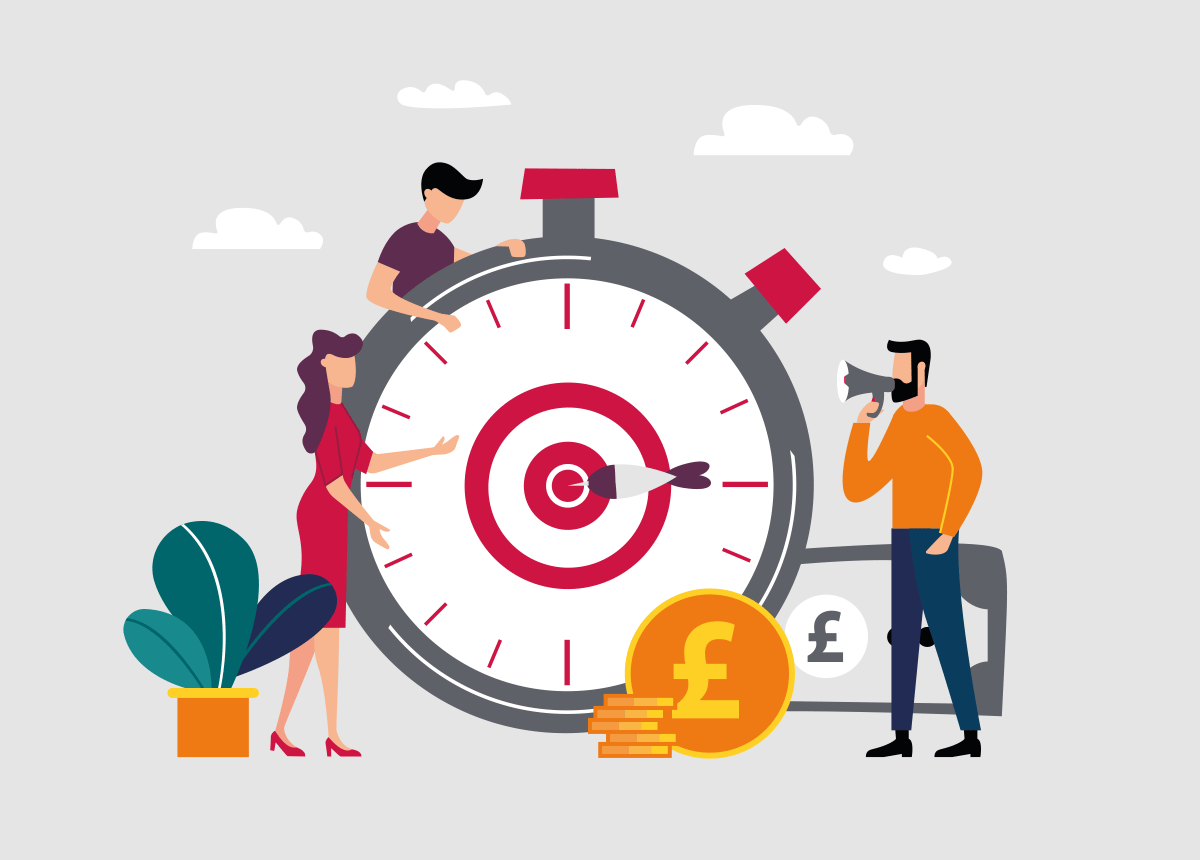In some unexpected but good news the rate of Capital Gains Tax (“CGT”) was reduced for higher-rate taxpayers from 28% to 20% (18% to 10% for basic rate tax payers) for capital gains arising on or after 6 April 2016. It remains 28% for disposals of residential properties and carried interests.
The reduction, however, must be frustrating for those that sold their assets in the year ended 5 April 2016 and have to pay CGT at 28%. If only they had not sold until 6 April! Is the any way that they can still benefit from the new 20% rate?
A possibility is to make an Enterprise Investment Scheme (“EIS”) investment. EIS offers tax incentives for equity investments to assist smaller unlisted companies in raising capital. The reliefs for investors are generous; subject to a personal annual investment limited of £1 million an individual can claim:
- income tax at 30% of the amount invested;
- an exemption from tax on any gain on exit; and
- an allowable loss on exit if things go wrong, this loss, equal to the original cost less income tax relief, can be set against income or gains.
In addition, an investor can defer tax on capital gains by matching the gains with EIS subscriptions made in the 12 months before and the 3 years after the sale. The deferred gain only becomes chargeable when the EIS shares are disposed of. The gain when it crystallises is taxed at the CGT rate then prevailing (though entrepreneurs’ relief where applicable is preserved).
Thus an individual who has a taxable gain in the year ended 5 April 2016 has three years from the date of the taxable gain to make an EIS investment. He can then roll-over the gain that would otherwise be taxable at 28% against the EIS investment. When he comes to sell the EIS investment (usually at least three years after subscribing for it) the gain will then crystallise. However, assuming the no change in rates the gain will be taxed at 20% not 28%.
Of course there are a significant number of commercial and tax factors that need to be considered before making the specific EIS investment.







 7 mins
7 mins 
